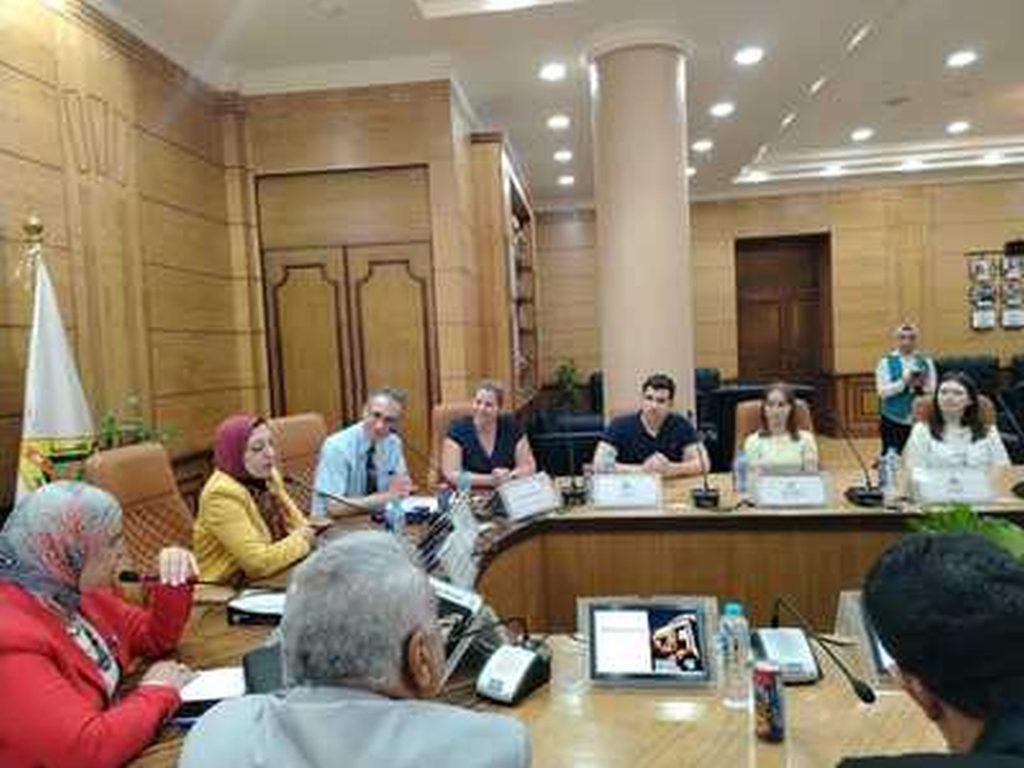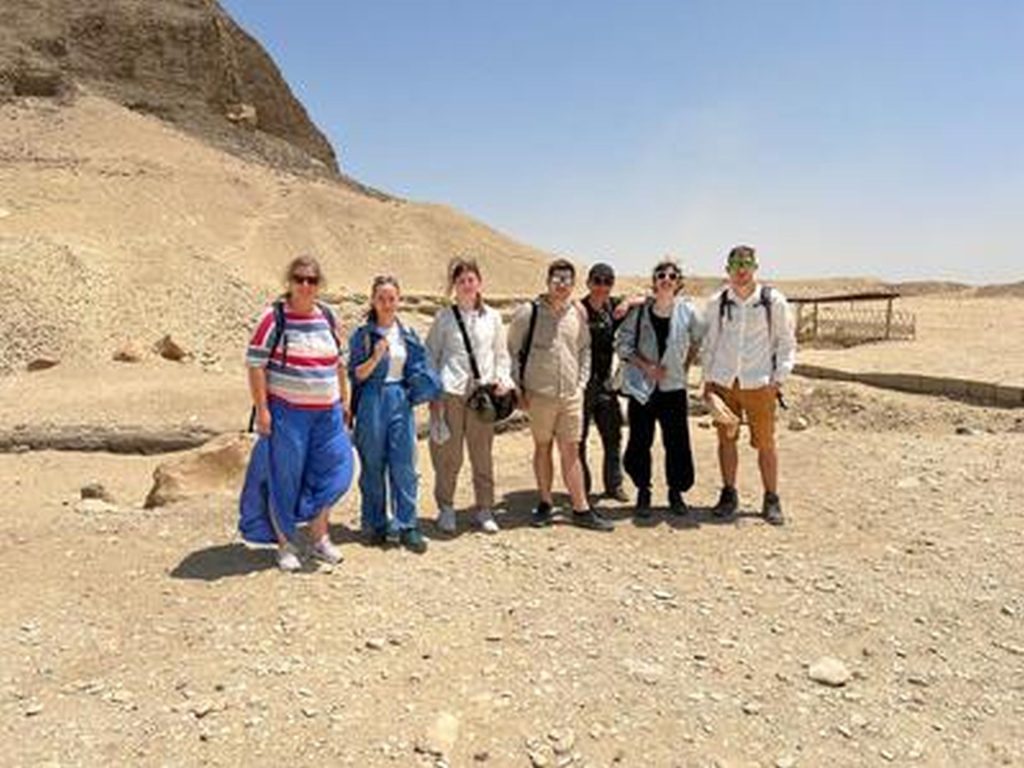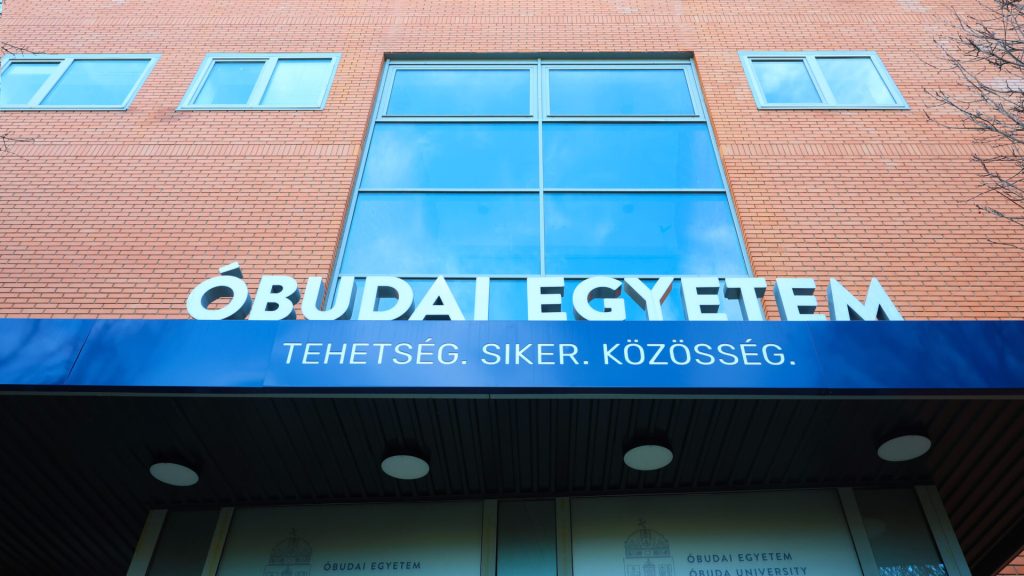Delving into the history of Coptic Byzantine and medieval Islamic architecture can be both exciting and mysterious. During a study trip, a delegation from our Ybl Miklós Faculty of Architecture at Obuda University visited Benha University in Egypt. In professional meetings, they discussed internationally expanding mobility programmes focused on these areas and explored future mutually beneficial cooperation.
The trip included two staff members from our Institute of Architecture – Associate Professor Dr Eszter Horváth‑Kálmán (geotechnical engineer) and Zoltán Horváth (Egyptologist) – accompanied by six civil and architectural engineering students. During productive discussions, both sides agreed to promote teacher and student mobility in fields such as energy systems, infrastructure planning and construction, sustainable development of historic urban quarters, and the study of Coptic‑Byzantine and medieval Islamic architectural history.

Project‑based scientific cooperation will prioritise heritage conservation, especially documentation, protection and management of endangered historical sites. In this context, our colleagues are set to contribute with expertise in archaeology, architectural visualisation, geotechnical science and structural engineering to preserve pharaonic-era built heritage and alleviate increasing tourist pressures.

The trip also provided our students with the opportunity – under the professional guidance of Zoltán Horváth – to deepen their knowledge of ancient Egyptian architecture and site conservation through visits to archaeological monuments at Giza, Saqqara and El‑Lahun on the edge of the Fayum depression.

Benha University, founded in 1976 and now nearly 50 years old, has fifteen faculties and a broad international network. It is one of Egypt’s most dynamically developing universities and plays a central role in the region’s scientific, educational and economic development. The university includes around 15 faculties covering engineering, agricultural sciences, humanities, and medical sciences. There are over 100,000 undergraduate and about 26,000 postgraduate students taught by approximately 5,000 academic staff. The university also comprises multiple campuses, three teaching hospitals, and 146 academic departments. It is internationally recognised, particularly for its engineering and life‑science programmes.

Photos: Benha University; Lilla Farkas; Zoltán Horváth; Eszter Horváth‑Kálmán


